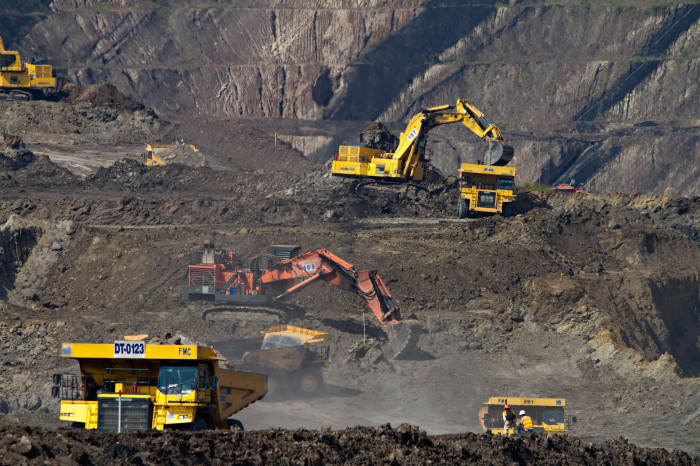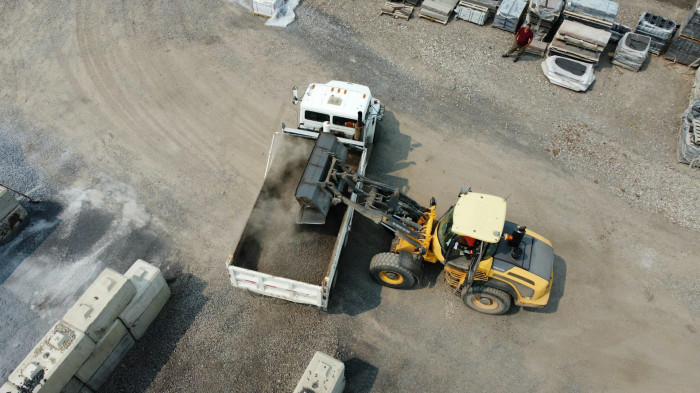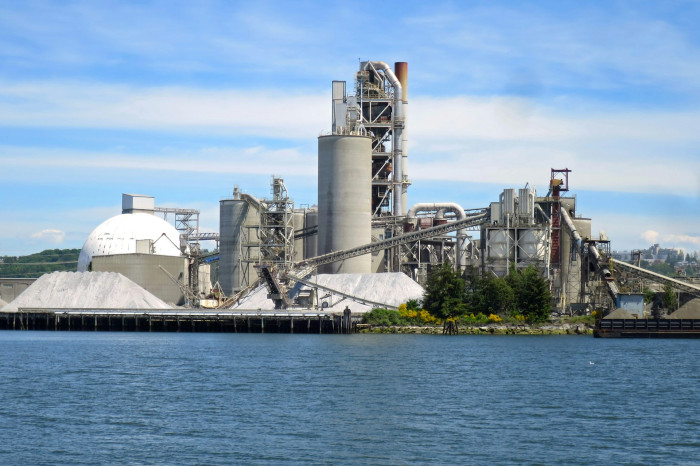High-Performance Stone Crushers
MSW® Group engineers heavy-duty stone crushers (rock & ore crushers) designed to withstand the toughest mining and quarrying environments. Whether processing granite, basalt, or iron ore, our equipment delivers precise material reduction (5mm-150mm) with maximum throughput.
Countries Exported
Patents
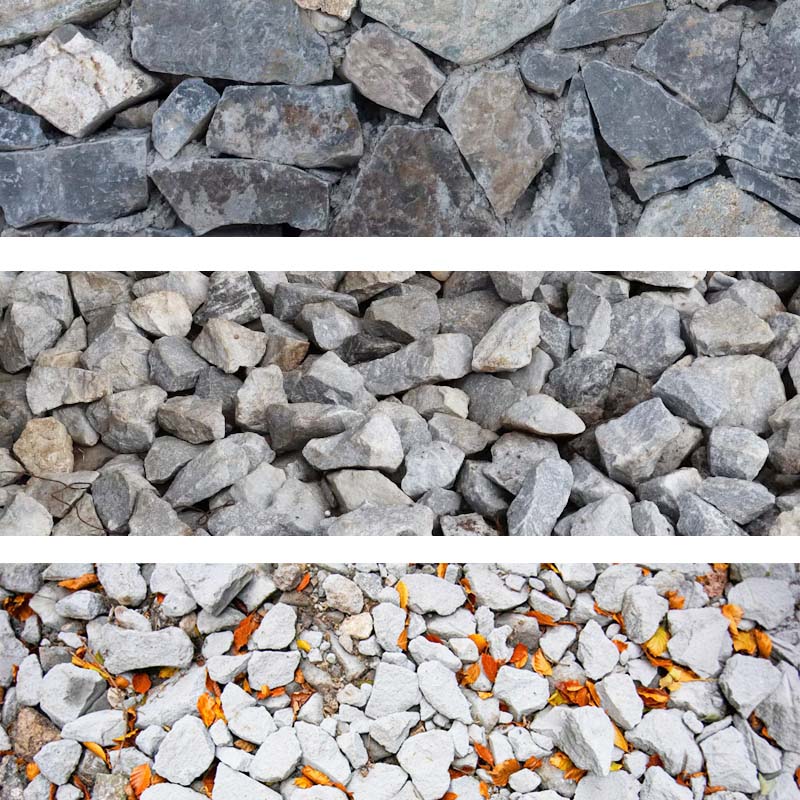
Solutions for Different Stone Crushing Applications
NOTICE: The images below are for illustrative purposes only and do not represent actual client projects. (Source: Unsplash)
Types of Stone Crusher
Different stone crushers have different application scenarios. Choosing the right machine can help you complete the task better.
Primary Crushing
Handles the first stage of crushing, reducing large rocks into smaller pieces.
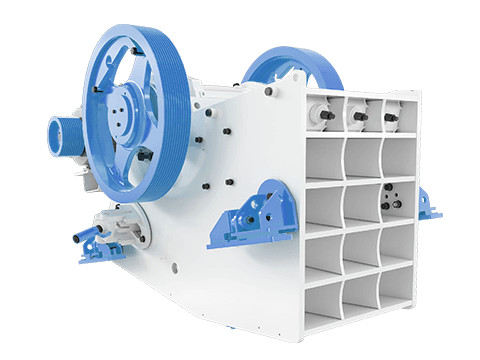
Jaw Crusher
Compressive Crushing: Utilizes compressive force generated by a reciprocating motion between a fixed jaw plate and a movable jaw plate. The material is crushed by progressive compression as it moves downward through the crushing chamber.
Primary Crushing High Reduction Ratio
Learn more >>
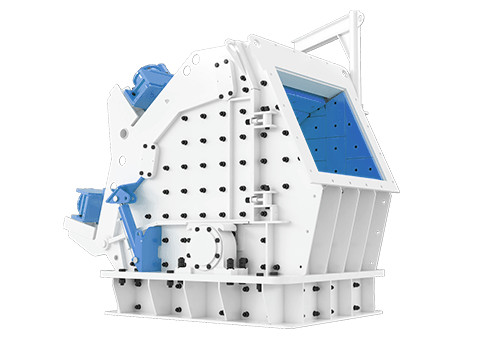
Impact Crusher
Dynamic Impact Crushing: Relies on kinetic energy transfer via high-speed rotors equipped with blow bars or hammers. Material is shattered by direct impact against rotating components or stationary anvils, with fragmentation occurring through particle-on-particle collisions.
High-Speed Impact Cubical Aggregate
Learn more >>
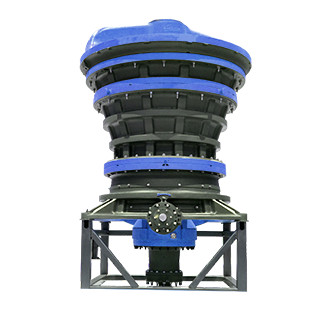
Gyratory Crusher
Conical Compression Crushing: Operates via a conical head gyrating within a concave bowl, generating progressive compression as material moves downward. Combines elements of jaw and cone crushers for ultra-high-capacity primary crushing.
Primary Crushing High Capacity
Learn more >>
Secondary Crushing
Further reduces the size of materials after primary crushing, ensuring uniform particles.
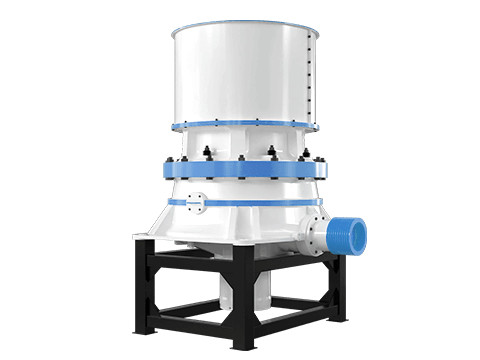
Cone Crusher
Employs interparticle crushing (also called layer compression), where rocks are crushed between a rotating mantle and a concave liner. The eccentric gyratory motion of the mantle creates a compressive force field, inducing fractures along grain boundaries.
Secondary Crushing Hydraulic Adjustment
Learn more >>
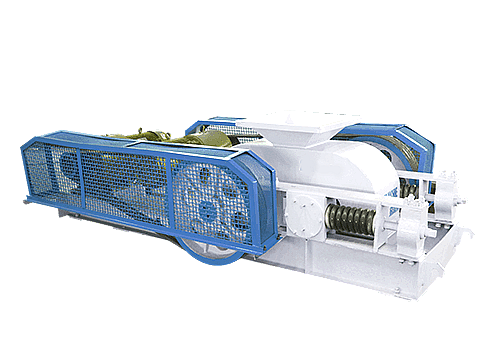
Roll Crusher
Shear-Compression Crushing: Applies shear-compression forces between counter-rotating rolls with textured or smooth surfaces. Material is drawn into the gap (nip angle) and fragmented via tensile failure or surface abrasion.
Double Roll Design Low Fines Production
Learn more >>
Tertiary Crushing
Provides final crushing to refine material into fine particles, often used for sand production.
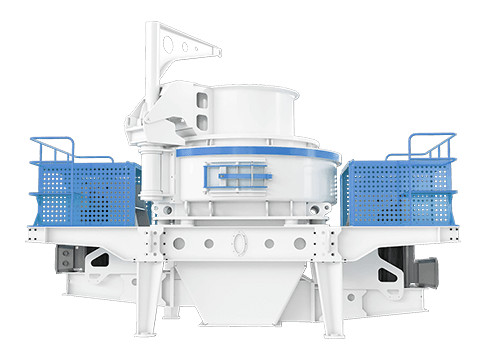
VSI Crusher
Centrifugal Acceleration Crushing: Accelerates material through a high-speed rotor (up to 70 m/s) and projects it against a stationary anvil or rock-lined chamber, exploiting centrifugal force and interparticle collision for fragmentation.
Vertical Shaft Impact Cubical Product Shape
Learn more >>
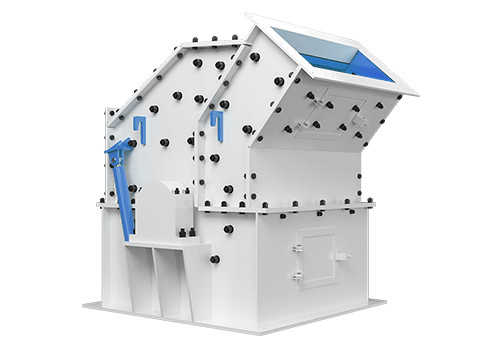
Fine Crusher
With a simplified structure and convenient maintenance, Fine Crusher delivers high production capacity and a long service life for its hammer heads. It is widely used for crushing granite, basalt, limestone, river pebbles, cement clinker, quartz stone, iron ore, bauxite, and more.
Precision Crushing Ultra-Fine Output
Learn more >>
And More ...
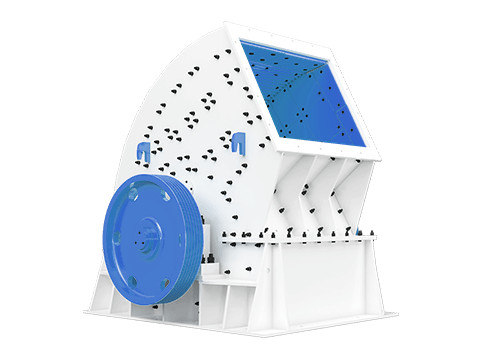
Hammer Crusher
Dynamic Impact with Grinding: Combines high-velocity hammer strikes (rotating hammers on a horizontal shaft) with material grinding against breaker plates or screens. Fragmentation occurs through impact, attrition, and shear.
High-Speed Hammer Brittle Material Crushing
Learn more >>
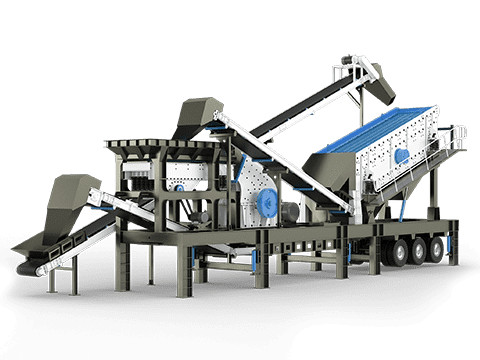
Mobile Crusher
Mobile crushers are advanced crushing machines designed for on-site material processing, offering high mobility and flexibility. They can be easily transported between job sites, making them ideal for construction, mining, and recycling applications.
On-Site Crushing Track / Wheel Mobility
Learn more >>
Why Choose Our Stone Crusher
Customized crusher with reliable price
We offer more than just stone crushers—we provide complete solutions tailored to your specific needs. With years of experience in the industry, we have developed cutting-edge technology and engineering expertise to deliver reliable, high-performance crushers that are built to last. Our commitment to quality and innovation ensures that you receive equipment that maximizes efficiency, minimizes downtime, and reduces operational costs.
Latest Knowledge about Stone Crushers
Read more about stone crushers and related topics written by our experts.
Impact Crusher: Advanced Impact Crushing Solutions for Diverse Industrial Needs
Guide to Impact Crusher + Vibrating Screen Process Flow for Asphalt Pavement Processing
Comprehensive Energy Optimization Guide for Mobile Jaw Crushers at Demolition Sites
Mobile Jaw Crusher: 2025 Global Guide to Sustainable Crushing Technology and Applications
AI Ore Sorting Crusher Revolution: Cutting 30 % Energy with Smart Pre-screening & Targeted Fracture
Stone Crusher Guide: Principles, Optimization & 200% Efficiency Strategies
Contact Us
Don't know how to choose? Need more detail? Contact us to provide you with customized services. Our specialist will be at your service.
